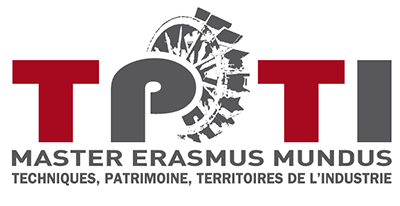Museu de Portimão
 The Portimão Museum (Portugal) opened in 2008 as a "Museum of Society, Identity and Territory". It assumes the role of the museum of the city of Portimão and constitutes a centre with several functions of training, service provision and scientific and cultural activities. Housed in a former fish cannery, the museum aims to preserve and present to the public the spaces, machines and objects that are directly related to an activity that has been fundamental for the development of the city and to which a significant part of the population is attached.
The Portimão Museum (Portugal) opened in 2008 as a "Museum of Society, Identity and Territory". It assumes the role of the museum of the city of Portimão and constitutes a centre with several functions of training, service provision and scientific and cultural activities. Housed in a former fish cannery, the museum aims to preserve and present to the public the spaces, machines and objects that are directly related to an activity that has been fundamental for the development of the city and to which a significant part of the population is attached.
Its museum programme develops new strategies that help the community to better understand the new environment in which it lives. It also seeks to develop cultural activities that can attract the interest of visitors and tourists visiting the Algarve region. Thus, the temporary exhibitions, regularly renewed, present diversified themes. The museum also keeps the memory of the city alive, as it is the home of the city's archives.
The museum is part of the international project "A Taste of Europe", approved by the European programme "Culture 2007-2013", in partnership with : Arbedjdermuseet (DK), Tehniski Musej Slovenije (SI), Eestirahva Museum (EE), The Scottish Fisheries Museum Trust (UK), Finnish Labour Museum Werstas (FI), Museum of Hungarian Agriculture (HU), National Museum of Agriculture Prague (CZ) The museum collaborates with the University of Évora. It has hosted students for internships during its installation period and more specifically since its opening, it has hosted study visits, especially those of the TPTI. Within this framework, it can welcome students, as trainees for a period of 1 to 3 months, especially those who want to develop skills related to the role that museums can play for the cultural promotion of a region and for the preservation of the memory of a city. More generally, its teaching activities focus on a professional approach to the problems of enhancing industrial heritage and revitalizing activities in the city and the region, as well as on understanding the transformation of former urban industrial areas into today's reality.





